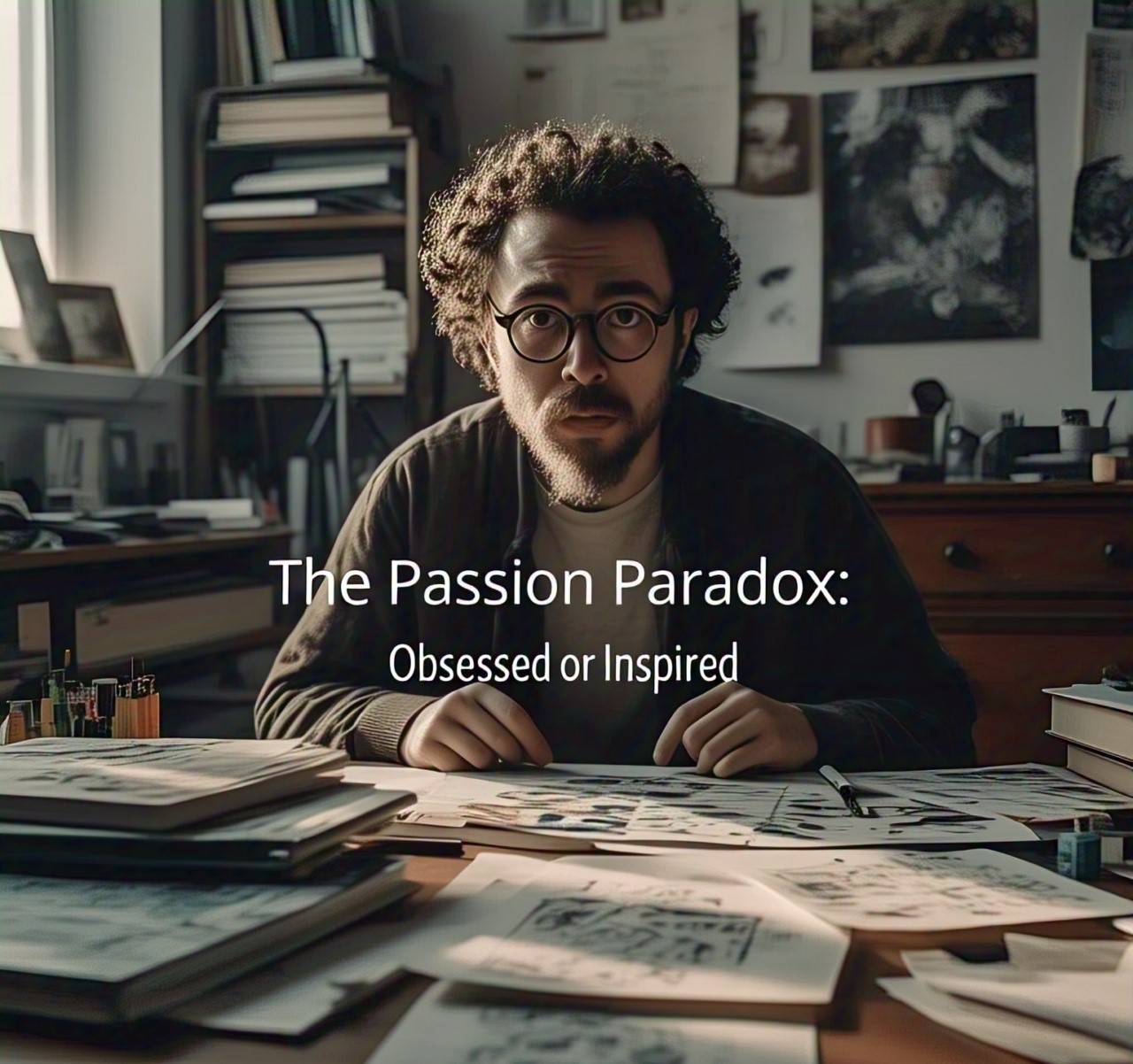You know many many times the world offers reasons to be bitter, like betrayal, injustice, cruelty, indifference; it is everywhere. The headline sometimes seems to pour fuel on the fire of resentment, social media amplifies outrage, politics thrives on division, and hatred feels almost natural, and apathy or cynicism (an inclination to believe that people are motivated purely by self-interest; skepticism) looks like the only safe armor left.
But no! And one of the most revolutionary, countercultural choices you can make in such a world is this: To refuse to give in. Refusing to hate, refusing to grow cold, refusing to sink into cynicism is not weakness; it is the strongest stand you can take. Because when you let hatred rule you, you become its prisoner, but when you root yourself in love, grace, and mercy, you step into the freedom Christ promised. The Bible puts it simply:
Do not be overcome by evil, but overcome evil with good.
Romans 12:21
In a World of Hate, Christ Calls You to Love
The temptation to hate is very real, like someone wounds you, a system oppresses you or tries to, a neighbor mocks your faith. History itself is filled with injustices that could justify endless cycles of resentment. But as followers of Christ, we are not called to mirror the world; we are called to model Him, and His command is not negotiable:
Love your enemies, bless those who curse you, do good to those who hate you.
Matthew 5:44
To love in the face of hate is not natural; it is supernatural. It requires grace poured into us by the Spirit. Hatred may seem like power, but it eats up and kills the soul, but love, on the other hand, builds, heals, and transforms us. And the true revolution is not to answer evil with equal evil, but to respond with a love so unexplainable that the world takes notice. And again we are not called to mirror the world; we are called to model Him.

Friedrich Nietzsche once wrote, “If you gaze long enough into the abyss, the abyss will gaze back at you.” It is a reminder that what we choose to focus on shapes who we inevitably become. The abyss is not merely a dark hole somewhere out in the cosmos; it is a metaphor for suffering, injustice, cruelty, and the unspoken emptiness that sometimes stares into the human soul. It is the accumulated weight of a world that has known war, grief, corruption, betrayal, and loss, and if we keep our eyes fixed on it, the abyss has a way of camping in us, imprinting its image upon our thoughts, our character, and our way of being.
You see, my dearest readers; life will never run short of pain, betrayal, or cruelty, and we cannot avoid them entirely, nor should we pretend they do not exist, but our gaze; what we choose to behold is one of the rare freedoms no one can take from us. In that choice lies the quiet power to decide whether we will be shaped by despair or by hope, by bitterness or by compassion, by the void or by the light.
Continue Reading: The Abyss and the Mirror: Becoming What You Behold
Apathy and Cynicism Are Enemies of the Soul
I know for sure and at first that not everyone turns to hate; some people just simply turn off their hearts; they grow apathetic; they shrug and say, “The world is too far gone, why bother?” And others become cynical, assuming that people are always selfish, always corrupt, and always disappointing. But apathy and cynicism are just as dangerous as hate, because at first they may feel safer, but they suffocate our capacity for compassion. They numb your spirit until you can no longer rejoice with those who rejoice or weep with those who weep.
Rejoice with those who rejoice; mourn with those who mourn.
Romans 12:15
Jesus never gave us the luxury of indifference; his parable of the Good Samaritan confronts our tendency to pass by suffering. His tears at Lazarus’ tomb remind us that to be Christlike is to keep a tender heart, not a hardened one. Apathy and cynicism may seem to shield us from disappointment, but it also shuts us off from hope. And a Christian without hope has forgotten the gospel itself.
Grace as Resistance: Choosing Compassion in a Culture of Contempt
I am sure that for most of us we many times think of resistance in terms of protest, politics, or power, but there is a quieter, deeper kind of resistance; the resistance of grace.
When culture trains us to cancel, to mock, to belittle, grace resists by choosing compassion. When society rewards vengeance, grace resists by offering mercy, and when the world says, “Look out for yourself,” grace resists by serving others. This is not weakness; it is warfare of the Spirit, just as the Apostle Paul calls it:
“the weapons of our warfare” that are “not of the flesh but have divine power to destroy strongholds”
2 Corinthians 10:4
Grace unsettles and stops the cycle of hate; it breaks the chain reaction of insult, of injury, and of retaliation, and most importantly it refuses to let darkness dictate the script of your life. So every time you forgive, every time you choose kindness when contempt feels easier, you are resisting the gravity of the world’s madness; you are saying with your life: Love wins here.
The Strength of Forgiveness and Mercy
Forgiveness is not easy, and mercy is costly, but nothing demonstrates maturity like the ability to extend both especially when they are least deserved. Think about Jesus on the cross, betrayed by a friend, abandoned by His disciples, mocked by soldiers, condemned unjustly by leaders, and yet His words were not curses but prayers:
“Father, forgive them, for they know not what they do” (Luke 23:34).
To forgive does not mean you excuse evil or pretend it did not hurt; it means you release your right to revenge, and it very very much means you choose not to let bitterness rot your heart. Forgiveness liberates not just the offender; it liberates you. Mercy may not change your enemy, but it keeps you from becoming one, and in doing so, it protects your soul from becoming the very thing you resist. And this reminds me of what Friedrich Nietzsche once said:
Friedrich Nietzsche once said and warned: “Whoever fights monsters should see to it that he does not become a monster.” I recently heard that from seeing a movie, and not to me but I am sure to some if not many that at first glance, it feels like a warning reserved for warriors and revolutionaries, those who go toe-to-toe with evil in its most obvious forms. But the truth is, this caution reaches into everyday life, into our arguments, our activism, our disagreements, even our tweets.
Eugene Cho also put it more plainly: “Be careful not to dehumanize those you disagree with. In our self-righteousness, we can become the very things we criticize in others.”
The danger is not just the monster “out there.” It is the one slowly forming inside us when we let hate, bitterness, and pride distort our fight. To resist evil effectively, we must learn to guard our soul in the process.
Continue Reading: Fighting Monsters Without Becoming One: Guarding Your Soul in the Battle
Living as Light in a Darkened World
Jesus calls us “the light of the world” in the book of Matthew 5:14. Light does not curse the darkness; it simply just shines in it; it does not run from the shadows; it casts them away. So to live as light is to embody love in a world that knows hate, to show joy in a culture of cynicism, to practice faith when others give up. It is to refuse to conform to the world’s madness and instead be transformed by the renewing of your mind.
Do not conform to the pattern of this world, but be transformed by the renewing of your mind. Then you will be able to test and approve what God’s will is; his good, pleasing and perfect will.
Romans 12:2
This does not mean you ignore injustice or sugarcoat evil; it means you fight it differently, not with hatred, but with holiness; not with bitterness, but with grace, mercy, love and blessing. And the darker the world becomes, the brighter even a small light shines, and the more people will notice when you choose the radical path of love, hope, and grace.
Read Also: Love Not Hate: How Love Conquers Resentment
Read Also: The Paradox of Hate and Bitterness
Read Also: Main Character Syndrome: The Ego Illusion and the Danger of Self-Obsession
Conclusion
So to you, my dearest reader, in a world spinning with outrage, bitterness, and despair, refusing hate is not passivity; it is power. Refusing cynicism is not naivety; it is faith, and refusing apathy is not weakness; it is love in action.
Hatred is easy, indifference is easy, cynicism is easy, but love is costly, grace-filled, Christ-shaped love is strongest stand you can take.
So today as you go out to carry out your very productive daily activities, and the world gives you every reason to harden your heart, remember this: Grace is resistance! Love is power! And mercy is victory!





